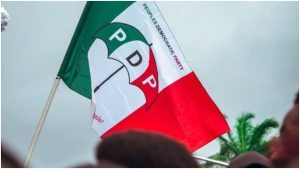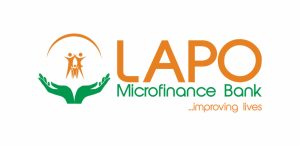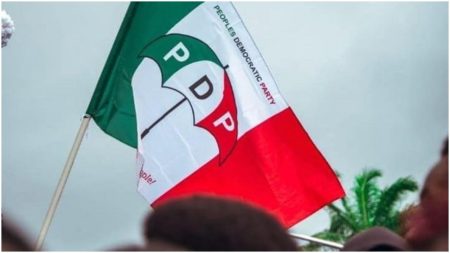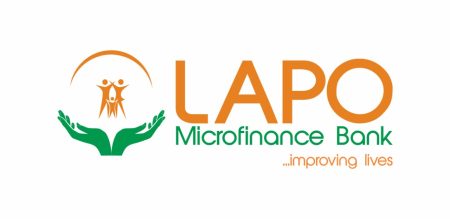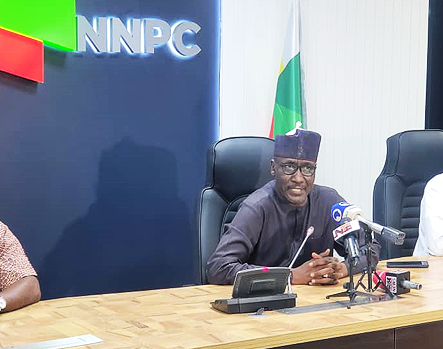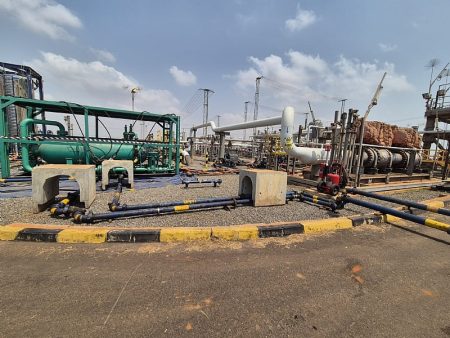A viral video comparing the burn rates of petrol purchased from NNPC and Dangote filling stations ignited a public debate about fuel quality in Nigeria. The video seemingly demonstrated that NNPC petrol depleted faster than Dangote petrol, prompting responses from both entities. NNPC asserted that all petrol sold in their stations, including the one featured in the video, was sourced from Dangote Refinery and met quality standards. Dangote Refinery affirmed its commitment to producing Euro-5 standard petrol, emphasizing its superior quality and benefits for engines and the environment. This incident underscored the sensitivity surrounding fuel quality and pricing in Nigeria, particularly given the recent commencement of Dangote Refinery’s operations and its touted production of higher-grade petrol.
The crux of the controversy revolves around the perceived disparity in burn rates, indirectly implying a difference in fuel quality. The video, though lacking scientific rigor, tapped into existing public anxieties about fuel adulteration and substandard products. The ensuing debate highlighted the significance of transparent communication and verifiable information in building public trust, especially in sectors as crucial as the petroleum industry. Both NNPC and Dangote Refinery sought to reassure the public, emphasizing their commitment to quality and adherence to regulatory standards. However, the incident exposed the need for independent verification and standardized testing protocols to objectively assess fuel quality and address public concerns.
Dangote Refinery, in its response, underscored its commitment to producing Euro-5 grade petrol, a premium standard with lower sulfur content and higher octane rating than regular petrol. This standard aligns with global efforts to minimize environmental impact and improve engine performance. The refinery emphasized the long-term benefits of using Euro-5 petrol, including extended engine lifespan and reduced emissions. By highlighting its adherence to international standards, Dangote Refinery aimed to differentiate its product and establish itself as a provider of high-quality fuel. This strategic positioning serves to build brand credibility and capitalize on the growing demand for cleaner and more efficient fuels.
NNPC, on the other hand, focused on clarifying the source of the petrol used in the viral video while also addressing the broader issue of fuel quality standards. They emphasized that all petrol sold in their stations, including the one featured in the video, was sourced from Dangote Refinery, thereby implicitly aligning themselves with the refinery’s claims of high quality. Furthermore, NNPC highlighted the variations in fuel standards across different countries, emphasizing that what might be considered substandard in one region could be the norm in another due to specific environmental and regulatory factors. This explanation aimed to contextualize the debate and underscore the complexity of fuel formulation and standardization.
The incident also brought to light the critical role of regulatory bodies like the Nigerian Midstream and Downstream Petroleum Authority (NMDPRA) in ensuring fuel quality and transparency. Experts urged the NMDPRA to clarify the official fuel grade being utilized in Nigeria and to conduct thorough investigations into the quality of petrol supplied by all market players. This call for increased regulatory oversight underscores the importance of independent verification and standardized testing to objectively assess fuel quality and address public concerns. Establishing clear and enforceable standards, coupled with regular monitoring and public disclosure, is essential for building public trust and ensuring a fair and competitive market.
In conclusion, the viral video controversy exposed underlying concerns about fuel quality and transparency in the Nigerian petroleum market. While both NNPC and Dangote Refinery sought to reassure the public about their commitment to quality, the incident highlighted the need for robust regulatory oversight, independent verification, and standardized testing protocols. Open communication, transparent information sharing, and proactive engagement with public concerns are crucial for building trust and ensuring the integrity of the fuel supply chain. The NMDPRA’s role in clarifying fuel standards and conducting thorough investigations will be paramount in resolving the current controversy and establishing a framework for ensuring long-term fuel quality and consumer protection.



